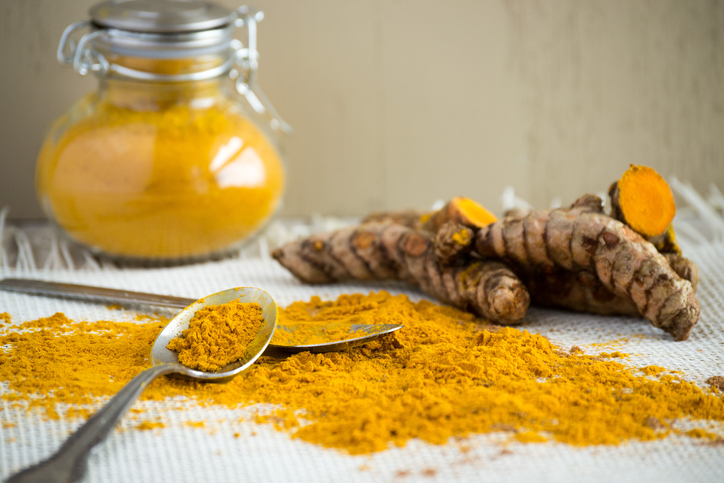Supplements
Supplements are not necessarily as well studied as mainstream medicines, but the Arthritis Foundation notes that increasingly “natural medicines have been put to the test in clinical trials.” The foundation notes that these nine supplements are backed by science for producing anti-inflammatory and pain-relieving properties:
- SAM-e – analgesic, inflammatory properties and increased serotonin, which reduces pain perception
- Boswellia Serrate or Indian frankincense – pain relieving and can inhibit cartilage loss
- Capsaicin or Capsicum frutescens – pain reliever, available as a topical cream, gel, or patch
- Turmeric/Curcumin – can reduce joint pain and swelling
- Avocado-soybean Unsaponifiables or ASU – blocks inflammatory chemicals; may help regenerate connective tissue
- Cat’s Claw or Uncaria tomentosa – anti-inflammatory, possible immune system booster, best for rheumatoid arthritis
- Fish Oil or Omega-3 fatty acids EPA and DHA – anti-inflammatory, may decrease joint tenderness and stiffness, best for rheumatoid arthritis
- Gamma Linolenic Acid or GLA – inflammatory, a combination of GLA and fish oil significantly reduced the need for conventional pain relievers
- Ginger – anti-inflammatory properties similar to Ibuprofen and COX-2 inhibitors
 Glucosamin and chondroitin have also begun to enter the mainstream. According to Klippel, preliminary studies have suggested that the supplements can relieve osteoarthritis, presumably by restoring cartilage. The supplements may even be able to slow down the advance of the disease, a claim that no current medication can make. (There’s no reason to think that the supplements would be effective against any other form of arthritis, including rheumatoid arthritis, he says.)
Glucosamin and chondroitin have also begun to enter the mainstream. According to Klippel, preliminary studies have suggested that the supplements can relieve osteoarthritis, presumably by restoring cartilage. The supplements may even be able to slow down the advance of the disease, a claim that no current medication can make. (There’s no reason to think that the supplements would be effective against any other form of arthritis, including rheumatoid arthritis, he says.)





